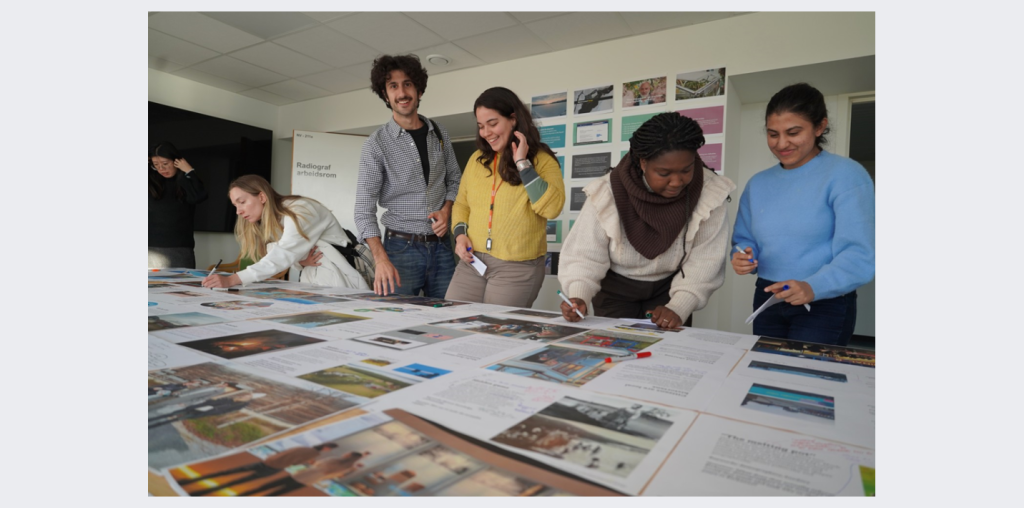The Edge: Room Arbeidskontoret 2, streamed on Tappin for registered participants
Organisers: Kystutviklingssenteret i Kirkenes, UiB, UiT, NORCE, Academia Europaea, Norsk klimastiftelse
Speaker:
Eystein Jansen Professor University of Bergen & Academia Europaea
Helge Nitteberg Editor-in-chief Nordlys
Ole Øvretveit Project Manager at Kystutviklingssenteret
Jonas Kristiansen Nøland Associate Professor Norwegian University of Science and Technology (NTNU)
Anne Ingeborg Myhr SVP Climate & EnvironmentNORCE
Lars-Henrik Paarup Michelsen DirectorNorwegian at Climate Foundation
Wenche Pedersen Ordfører / LederVadsø / Øst-Finnmarkrådet
Sigrid Ina Simonsen Regionsdirektør at NHO Arktis
Description:
The Norwegian government´s decision to change the energy source at the Melkøya Liquid Natural Gas (LNG) plant from natural gas to electrical power in August 2023 has been followed by a polarised debate. This decision has ramifications that extend beyond local considerations. The debate mirrors numerous global challenges related to the green transition and the and the need for more energy.
The IPCC finds that there is a more than 50% chance that global temperature rise will reach or surpass 1.5 degrees C between 2021 and 2040. Norway, as the rest of the world is struggling to reach the Paris agreement´s 1.5 or even 2-degree target and close to 3-degrees seem likely given current pledges and implementation. While the decision to electrify Melkeøya will have a large positive impact on reduction of Norway’s inland CO2 emissions, many fear negative consequences for e.g., local industry, jobs, communities, nature, reindeer herding and energy security.
Like most arctic regions the population of Finmark is rapidly decreasing, and the need for energy is a crucial factor for e.g., development of new jobs. How much energy and from which sources, will be needed to compensate for the electrification of Melkøya. And how will this conflict with recommendations from the UN’s Intergovernmental Science-Policy Platform on Biodiversity and Ecosystem Services (IPBES), that states that “The health of ecosystems on which we and all other species depend is deteriorating more rapidly than ever. We are eroding the very foundations of our economies, livelihoods, food security, health and quality of life worldwide.”
The case of Melkøya raises many issues. A central question is how to provide legitimacy considering both scientific knowledge and stakeholder interests. We will take this important debate by addressing the dilemmas and also discuss what solutions developing technologies and systems might provide, like multisource micro energy plants, hydrogen solutions, offshore wind and maybe even nuclear power.




